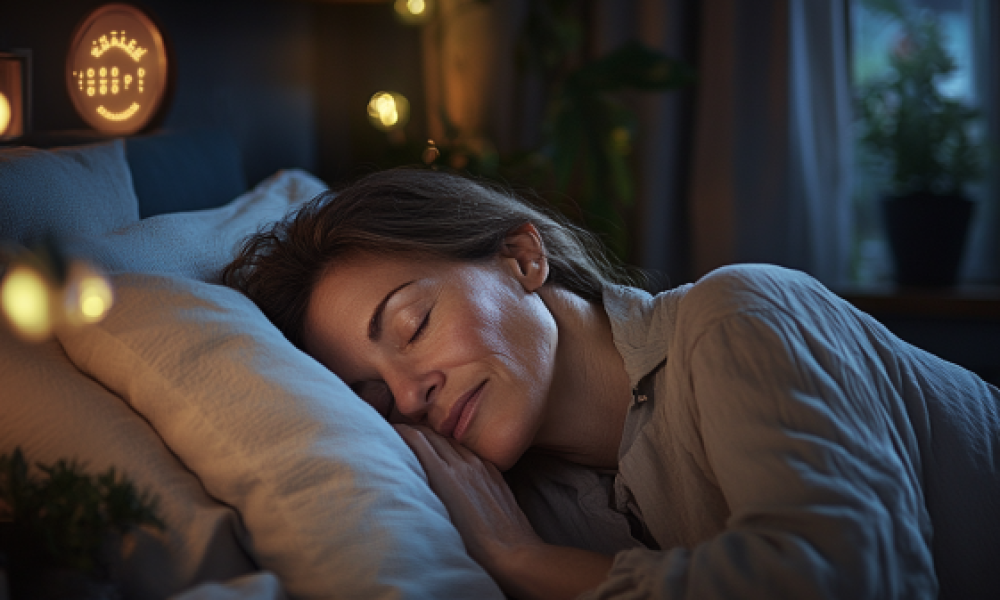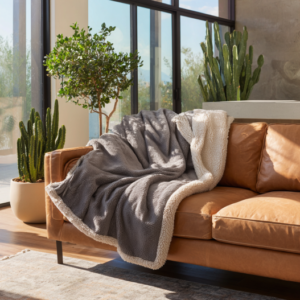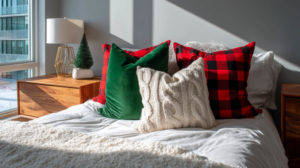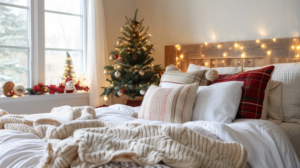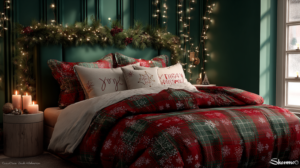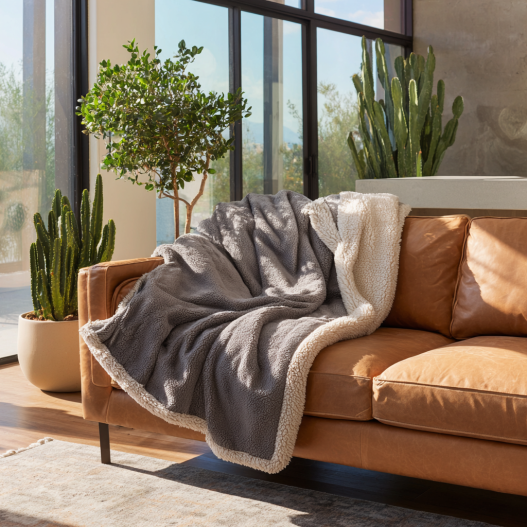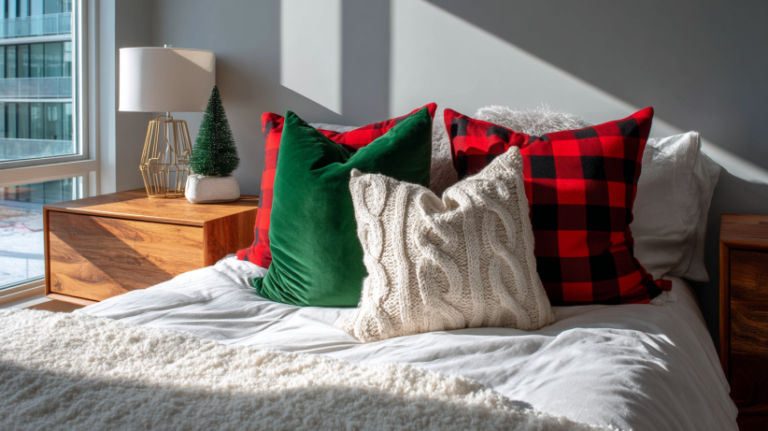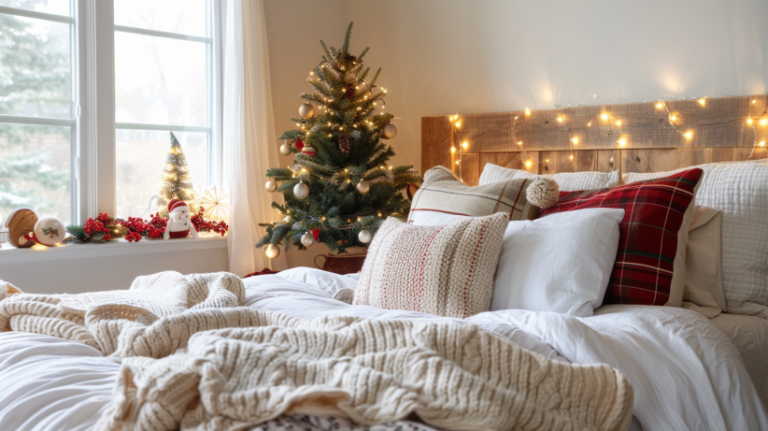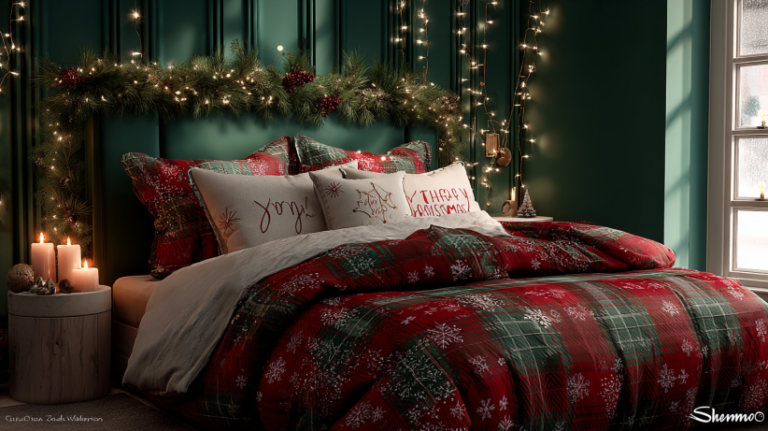Sleep and Aging: How Better Rest Slows Visible Aging
If you want to age naturally while staying vibrant, sleep and aging are inseparable: 7–9 hours of quality sleep fuels collagen production for smoother skin, clears brain toxins for sharper thinking, balances hormones to steady mood and energy, and reduces inflammation that accelerates aging. In short—sleep is your simplest, most sustainable anti‑aging habit.
Key Takeaways on Sleep and Aging
- Beauty starts at bedtime: Deep sleep boosts collagen and skin repair, softening fine lines naturally.
- Brain stays sharper: Consistent sleep supports memory, mood, and long‑term cognitive health.
- Hormones harmonize: Better sleep steadies melatonin and cortisol, curbing stress‑related aging.
- Inflammation drops: Restorative sleep helps your immune system and slows age‑accelerating damage.
- Habits matter most: Cool, dark rooms, regular schedules, and wind‑down routines deliver lasting results.
- Ask for help if needed: Persistent issues like apnea or insomnia are treatable—don’t wait.
Why Sleep and Aging Go Hand‑in‑Hand
Bottom line: your nightly sleep window is when your body shifts into repair mode—miss it and visible as well as hidden signs of aging speed up.
Sleep isn’t just about feeling rested — it’s when your body goes into deep healing mode. At night, your skin cells regenerate, your brain flushes out toxins, and your hormones recalibrate. Missing out on those magical hours? It can lead to faster wrinkles, brain fog, and even a weakened immune system. But when you make sleep a priority, you’re giving your body a fighting chance to age gracefully — from the inside out.
This guide on how age changes your sleeping patterns explains why your sleep changes over time — and what you can do about it.
The Aging Process and How Sleep Helps Slow It Down
In short, as deep sleep naturally shrinks with age, prioritizing sleep hygiene helps you reclaim restorative stages and slow visible and cognitive aging.
How Sleep Slows Aging Naturally
Here’s how better nightly rest counters common aging pathways, fast:
- Boosts collagen production for smoother, firmer skin
- Enhances memory and brain health to keep you mentally sharp
- Balances hormones like melatonin and cortisol
- Reduces inflammation, helping prevent chronic diseases
Getting quality sleep is like giving your body a nightly tune-up. And without it? Things wear down faster — inside and out.
The Effects of Poor Sleep on Premature Aging
The quick answer: skimping on sleep accelerates wrinkles, brain fog, stress hormones, and illness risk—pressing fast‑forward on aging.
What Happens When You Don’t Sleep Enough
Expect these age‑accelerating effects when sleep debt piles up:
- Fine lines show up faster thanks to decreased skin elasticity
- Your immune system weakens, leaving you more prone to illness
- Cortisol spikes, which breaks down skin-repairing collagen
- Brain fog sets in, making focus and memory harder to hold onto
According to Harvard Health, poor sleep is directly linked to cognitive decline and visible signs of aging.
The Anti‑Aging Power of Deep Sleep for Your Skin
Put simply, deep sleep is your nightly skin treatment—supporting collagen, circulation, and moisture for a naturally youthful look.
How Sleep Keeps Skin Looking Youthful
- Builds collagen, which minimizes sagging and wrinkles
- Reduces puffiness and dark circles by boosting circulation
- Replenishes moisture and flushes out skin-dulling toxins
💡 Pro tip: Switch to a silk pillowcase — it’s gentler on your skin, prevents friction, and adds a touch of luxury to your bedtime routine.
Protecting Your Brain as You Age — While You Sleep
The headline: consistent, deep sleep helps clear neurotoxins, strengthen memory, and stabilize mood—core defenses against cognitive aging.
Good sleep doesn’t just help you look good — it helps you think clearly too. Deep sleep is crucial for memory, mood, and keeping your mind sharp over time.
What Restorative Sleep Does for Your Brain
- Clears toxins like beta-amyloid, which is linked to Alzheimer’s
- Strengthens memory, helping you retain what you learn
- Keeps stress in check, reducing anxiety and brain fog
In fact, studies show that people who consistently get 7–9 hours of sleep are much less likely to develop cognitive decline later in life.

Sleep Habits That Help You Age Gracefully
Here’s the quick fix: train consistent routines, optimize your sleep environment, and wind down—small nightly habits that compound into graceful aging.
1. Stick to a Regular Sleep Schedule
Our bodies thrive on rhythm. Going to bed and waking up at the same time every day can reset your internal clock, boost melatonin, and give your cells the time they need to restore.
2. Keep Your Room Cool, Dark, and Peaceful
A cool bedroom (between 60–67°F) mimics the ideal sleep environment. Block out light with blackout curtains and reduce noise where possible.
🛏️ Looking to upgrade your sleep space? Don’t miss this complete guide to bed sizes and key factors.
3. Eat for Skin and Sleep Health
Berries, salmon, almonds, and chamomile tea — your dinner plate can be your anti-aging secret. Foods rich in vitamin C, magnesium, and omega-3s nourish your skin and help you unwind.
4. De‑Stress Before You Hit the Pillow
Stress makes sleep elusive and ages your body faster. Wind down with journaling, calming stretches, or even just five minutes of slow, deep breaths.
5. Sleep on Your Back with a Silk Pillowcase
Sleeping face-down can cause facial creases over time. A silk pillowcase and a back-sleeping habit are small changes that make a big difference.
When to Get Extra Help with Age‑Related Sleep Struggles
If optimized habits don’t help, consult a sleep specialist—conditions like apnea, insomnia, or hormone issues often underlie stubborn sleep problems and are treatable.
Watch for these red flags:
- Frequent night waking or early morning waking
- Daytime exhaustion despite 7+ hours of sleep
- Memory problems or mood swings
- Skin dullness or recurring illnesses
Conditions like sleep apnea, insomnia, or hormone imbalances could be behind your sleep issues — and they’re treatable.
Cozy Final Thoughts: Let Sleep Be Your Superpower
Aging well isn’t about expensive creams or miracle supplements. It’s about giving your body the deep, healing rest it needs every night. Sleep is free, powerful, and yours to claim.
So tonight, cozy up in your favorite pajamas, sip a cup of calming tea, and slide into bed knowing you’re doing something amazing for your body, your mind, and your future.
💤 Want more tips for deeper sleep and better mornings? Check out our Genius Sleep Fixes or learn how to sleep like a pro — because every dreamy night adds up to a brighter, more vibrant you. 🌙

FAQ
Quick answers to common sleep and aging questions.
- How many hours of sleep slow visible signs of aging?
- Most adults benefit from 7–9 hours of consistent, quality sleep to support collagen, hormone balance, and cognitive health.
- Does one bad night ruin my skin?
- No—but chronic sleep loss compounds. Focus on steady routines and recovery (hydration, gentle skincare, earlier wind‑down) after an off night.
- What’s the best bedroom temperature for youthful sleep?
- Between 60–67°F helps your body reach and maintain deeper sleep stages associated with skin repair and brain detox.
- Are naps good or bad for aging?
- Short naps (10–20 minutes) can boost alertness without harming night sleep. Avoid long or late naps that cut into deep nighttime sleep.
- Will a silk pillowcase really help?
- It can reduce friction and creasing while supporting skin moisture—useful alongside core habits like a regular schedule and a cool, dark room.
Related reading from Cozy Bed Quarters
- How Sleep and Hormone Balance Work Together (And How to Fix It Naturally)
- How Morning Sunlight Exposure Resets Your Circadian Rhythm & Improves Sleep
- How Your Sleep Environment Affects Sleep Quality
Other reading we found popular

